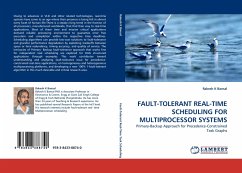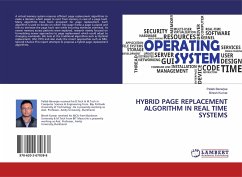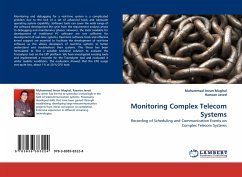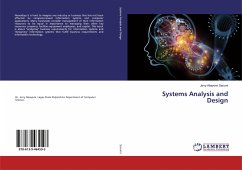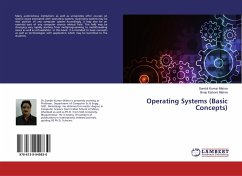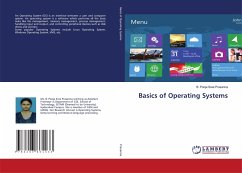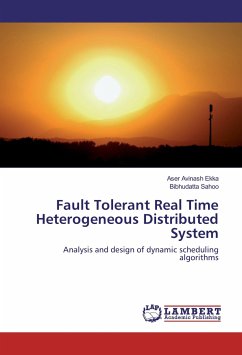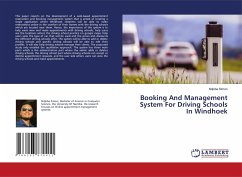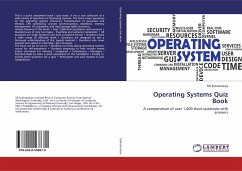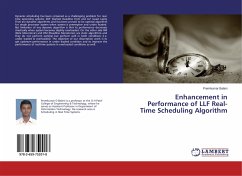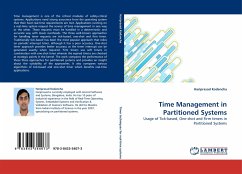
Time Management in Partitioned Systems
Usage of Tick-based, One-shot and Firm timers in Partitioned Systems
Versandkostenfrei!
Versandfertig in 6-10 Tagen
39,99 €
inkl. MwSt.

PAYBACK Punkte
20 °P sammeln!
Time management is one of the critical modules of safety-critical systems. Applications need strong assurance from the operating system that their hard real-time requirements are met. Applications running on a real-time system request the service of time management in one way or the other. These requests must be handled in a deterministic and accurate way with lower overheads. The three well-known approaches for handling timer requests are tick-based, one-shot and firm timer. Traditionally tick-based has been the most popular approach that relies on periodic interrupt timer, although it has a ...
Time management is one of the critical modules of safety-critical systems. Applications need strong assurance from the operating system that their hard real-time requirements are met. Applications running on a real-time system request the service of time management in one way or the other. These requests must be handled in a deterministic and accurate way with lower overheads. The three well-known approaches for handling timer requests are tick-based, one-shot and firm timer. Traditionally tick-based has been the most popular approach that relies on periodic interrupt timer, although it has a poor accuracy. One-shot timer approach provides better accuracy as the timer interrupt can be generated exactly when required. Firm timers use soft timers in combination with one-shot timer wherein the expired timers are checked at strategic points in the kernel. The work compares the performance of these three approaches for partitioned systems and provides an insight about the suitability of the approaches. It also compares various algorithms of tick-based and one-shot timer which benefits real-time applications.



